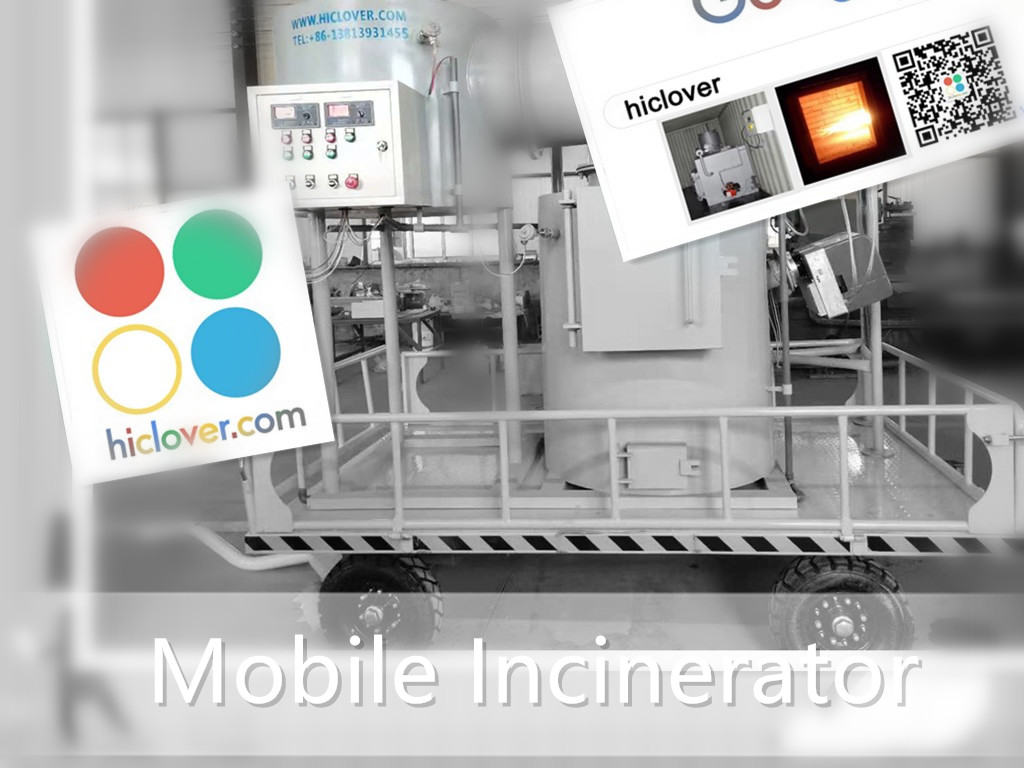South Africa is facing a growing challenge when it comes to medical waste management. With the rise in population, industrialization, and urbanization, the medical industry has seen a significant increase in the amount of waste it generates. This has raised concerns about the impact of medical waste on the environment and public health.
Medical waste includes various types of materials such as needles, syringes, bandages, and other potentially infectious materials. Improper disposal of these materials can pose serious health risks to healthcare workers, waste handlers, and the general public. It can also lead to the contamination of soil, water, and air, further exacerbating environmental pollution.
The need for sustainable solutions to medical waste management in South Africa is more urgent than ever. The current methods of disposal, including landfills and incineration, are not only harmful to the environment but also pose a risk of spreading diseases.
One potential solution is the implementation of autoclaving and microwaving technologies for the treatment and sterilization of medical waste. These technologies can effectively deactivate pathogens and reduce the volume of waste, making it safer for disposal. Additionally, the use of reusable sharps containers and biohazard bags can help minimize the generation of medical waste at the source.
Furthermore, the promotion of waste segregation and recycling in healthcare facilities can significantly reduce the volume of medical waste that ends up in landfills. This can be achieved through education and training programs for healthcare workers on proper waste management practices and the implementation of recycling programs for materials such as paper, plastics, and glass.
In addition, the government and regulatory bodies can play a crucial role in enforcing strict guidelines and regulations for the proper handling and disposal of medical waste. This can include regular inspections of healthcare facilities to ensure compliance with waste management protocols and the imposition of fines for non-compliance.
Moreover, public-private partnerships can be established to invest in and develop sustainable infrastructure for the treatment and disposal of medical waste. This can include the construction of specialized treatment facilities and the adoption of innovative technologies for waste management.
Ultimately, the need for sustainable solutions to medical waste management in South Africa cannot be overstated. It is essential for the protection of public health and the preservation of the environment. By implementing proper waste management practices, investing in technology and infrastructure, and enforcing regulations, South Africa can pave the way for a more sustainable and safer approach to medical waste management.



